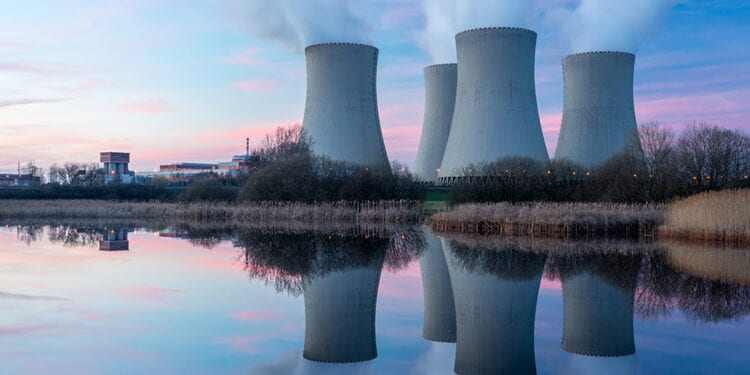On November 17, John Barrasso (R-Wyo), Senate Environment and Public Works Chairman introduced The American Nuclear Infrastructure Act, to the floor. With bipartisan support growing, with support from Senators Sheldon Whitehouse (D-R.I.) and Cory Booker (D-N.J.), this bill address the entire nuclear fuel supply chain, directing the U.S. Environmental Protection Agency to develop a tax credit program for nuclear reactors at risk of closing as a result of economic factors in addition to prompting the Nuclear Regulatory Commission to find ways to gather more support for nuclear power projects I the U.S. Finally, the bill asks that the U.S. Department of Energy establishes a uranium reserve to provide “assurance of the availability of uranium recovered in the United States in the event of a market disruption and support strategic fuel cycle capabilities.
The U.S. is currently the world’s biggest consumer of uranium, however popular sentiment is not always positive towards it. With Joe Biden coming in as the next President, analysts and market observers believe that this could help change the politics around nuclear power and bolster the nuclear sector overall.
The incoming Democratic Party’s platform was finalized earlier this year in August, and named both existing and advanced nuclear technologies as part of the “technology-neutral” approach they sought to establish as a way to decarbonize the American power sector. Nuclear was listed along with other zero-carbon technologies like hydroelectric, geothermal, and carbon capture and storage. According to the American Nuclear Society, this platform is the first time in 48 years that the Democratic Party has endorsed nuclear power. Republicans have generally endorsed the notion that the U.S. needs a reserve of uranium in case of geopolitical strife with China or Russia.
Still, not all Democrats are on board. Raul Grijalva (D-Ariz), House Natural Resources Chair, among other democratic conservatives, oppose policies that expand uranium mining in the U.S. due to the increased threat of water pollution in native communities and so any deal he agrees to must include certain assurances. “The discussion about a stockpile and domestic mining of uranium should not cancel out the need to protect places like the Grand Canyon, and other places where that type of mining does not add to the conservation or multi-use of public land. What I would like to see is fixing the law first, and giving the land agencies and communities some level of faith into these mining activities.”
The uranium investment space is growing bullish about the prospects for the uranium sector under President-elect Biden. Mike Alkin, Founder and CIO of Sachem Cove Partners, who specialize in uranium focused investments, believes that Biden’s energy policy will help America achieve their 100% clean energy target, through the implementation of “affordable, game-changing technologies” including nuclear reactors that are “smaller, safe, and more efficient at half the construction cost of today’s reactors.”
Marcelo Lopez, Managing Partner at L2 Capital Partners, which manages a $25 million uranium find, has touted the safety benefits of these small modular nuclear reactors and believes that “more people will start to look at nuclear energy different” once these are in operation. With community leaders such as Bill Gates pushing for new nuclear technology, Lopez believes that more and more people will turn towards nuclear energy: “I believe we are at the start of a huge atomic wave.”











